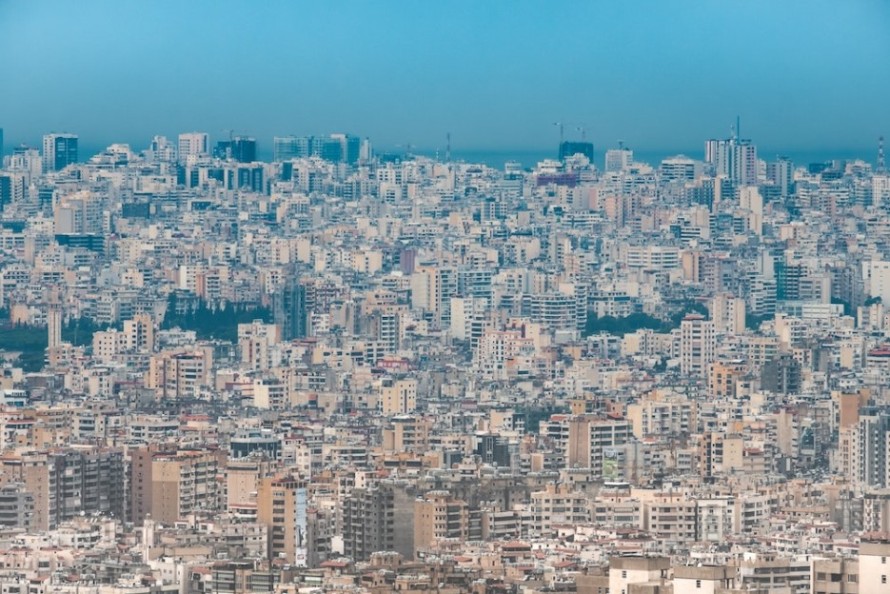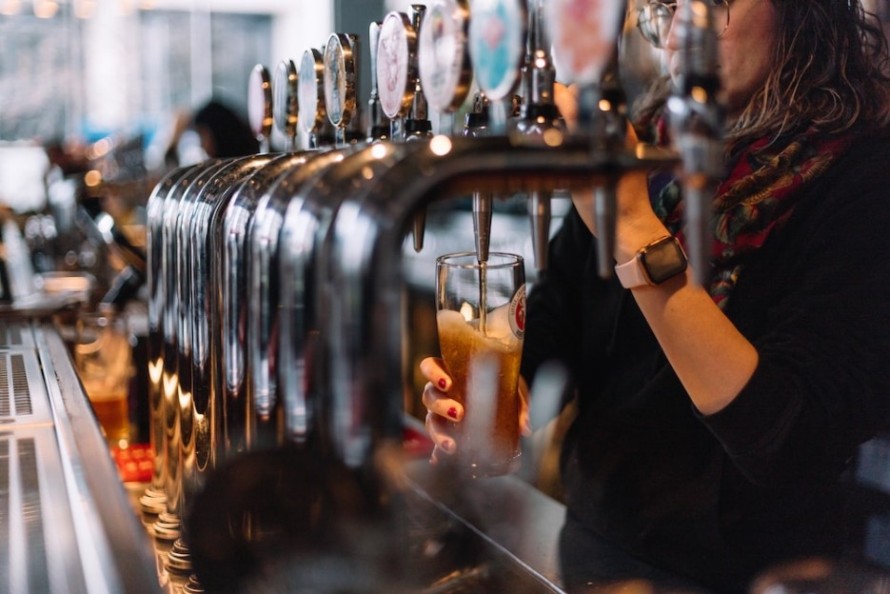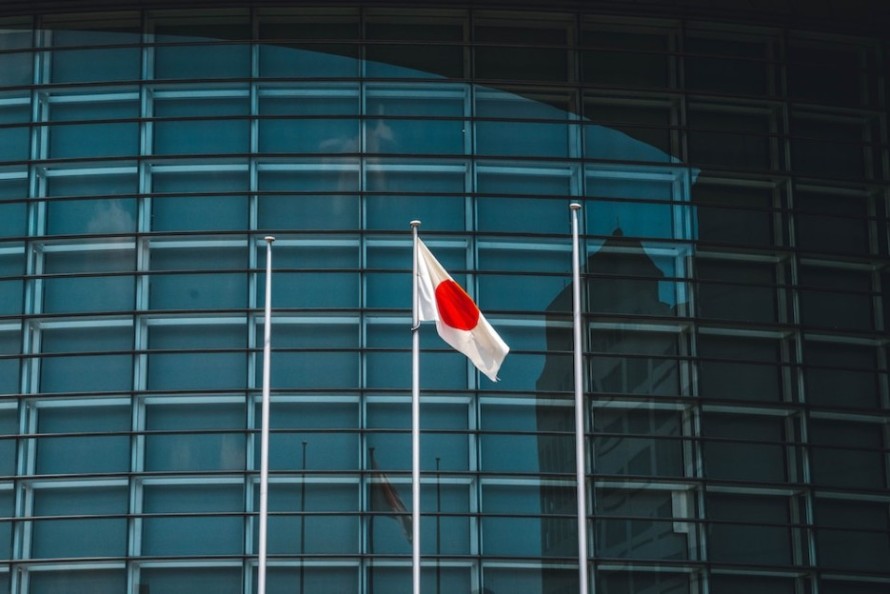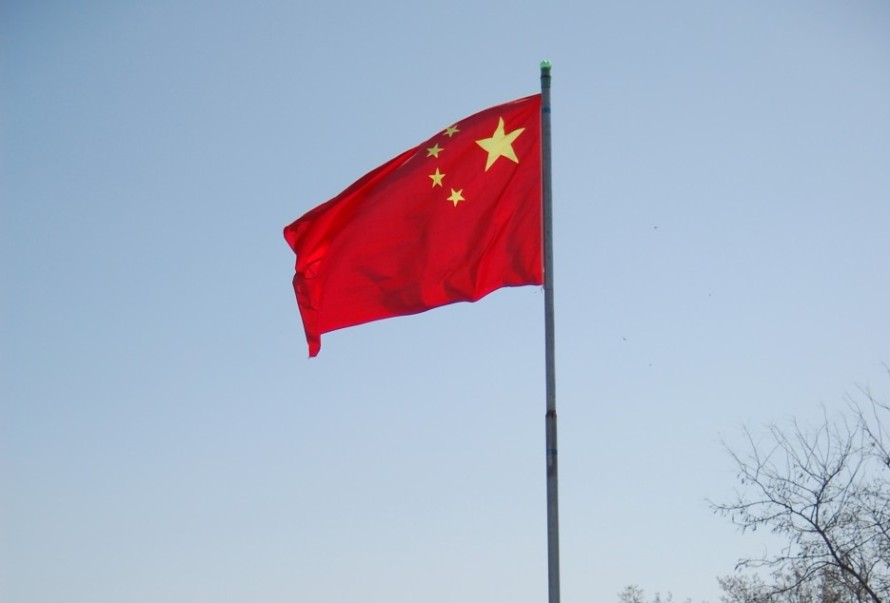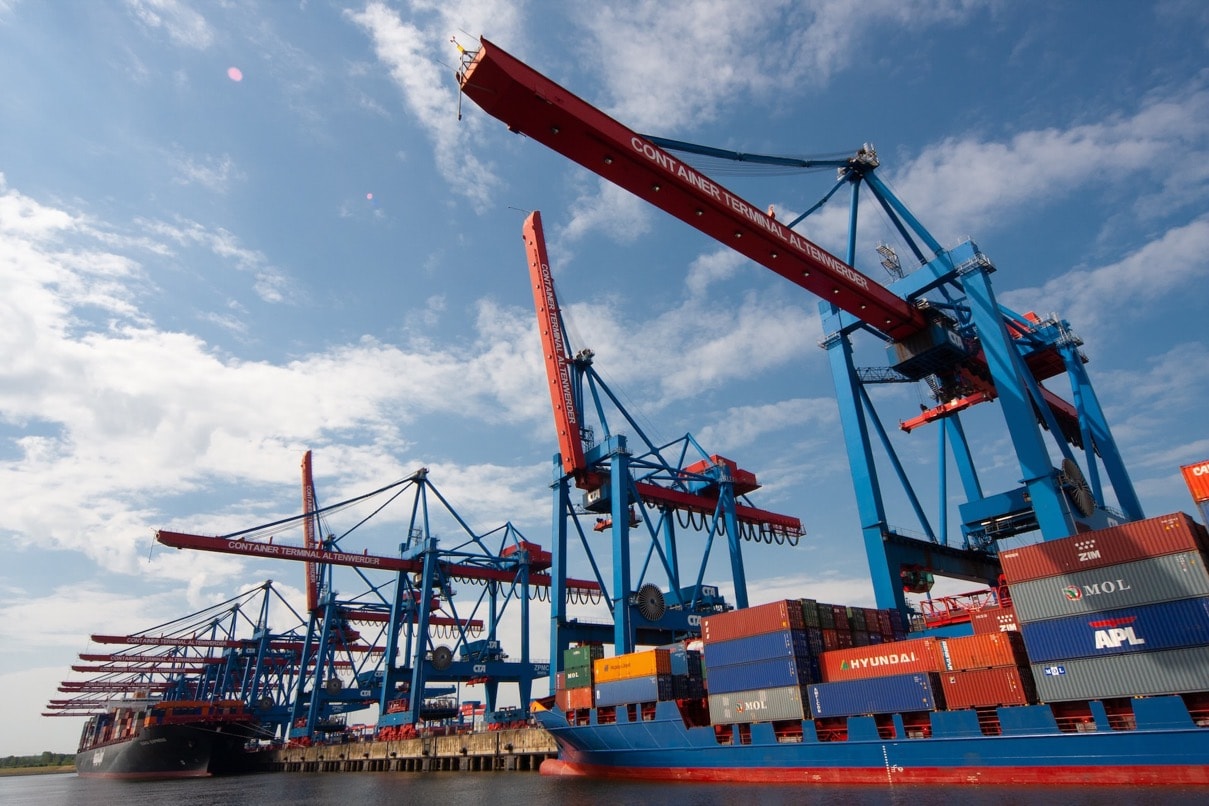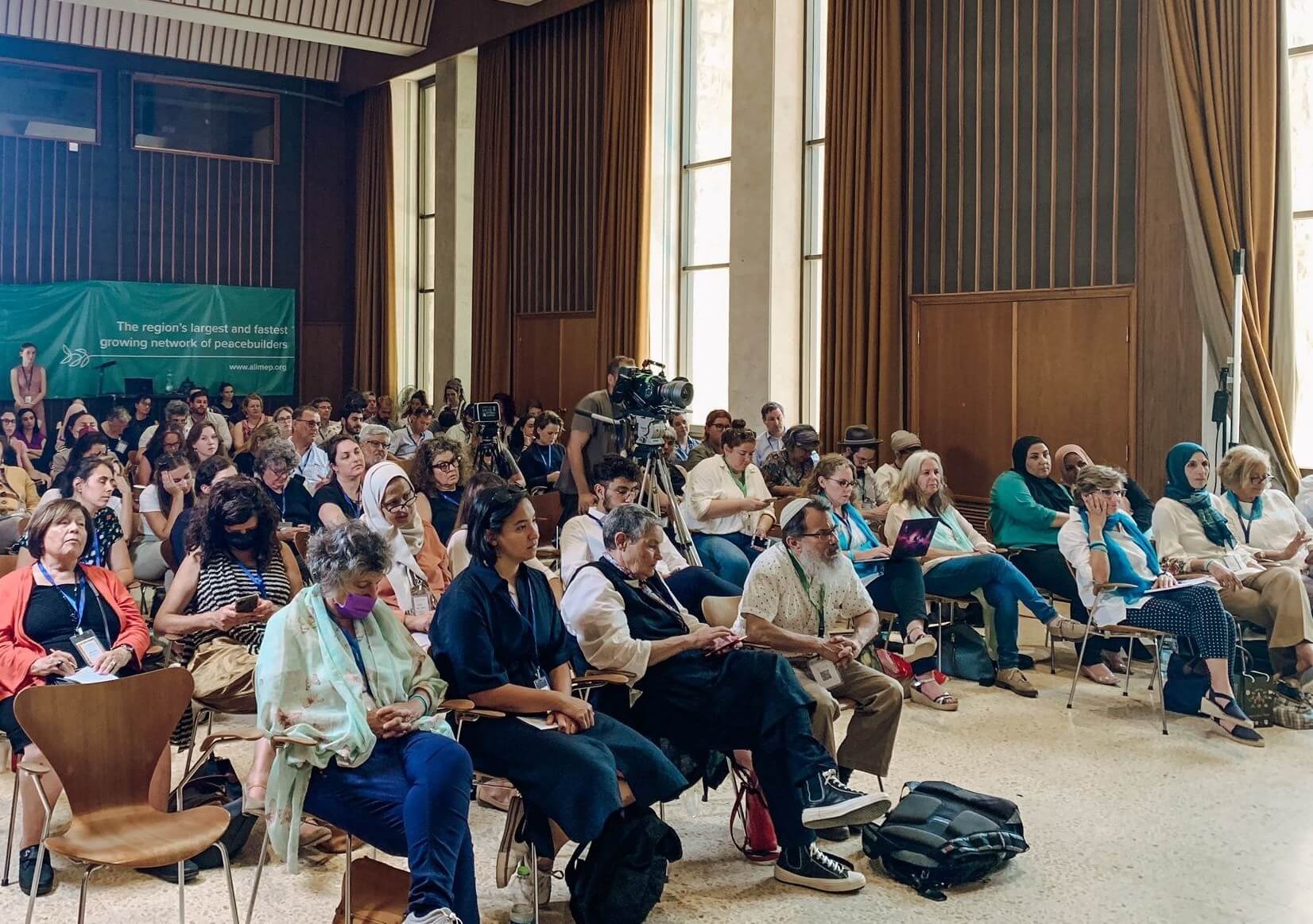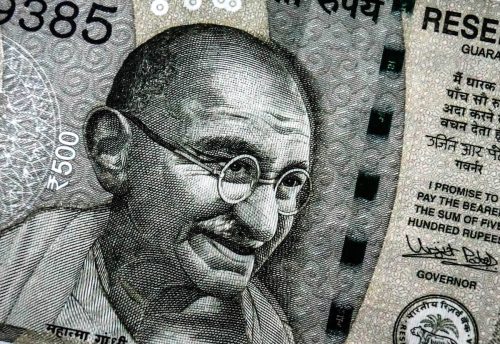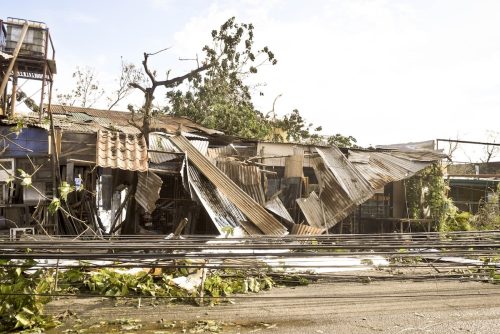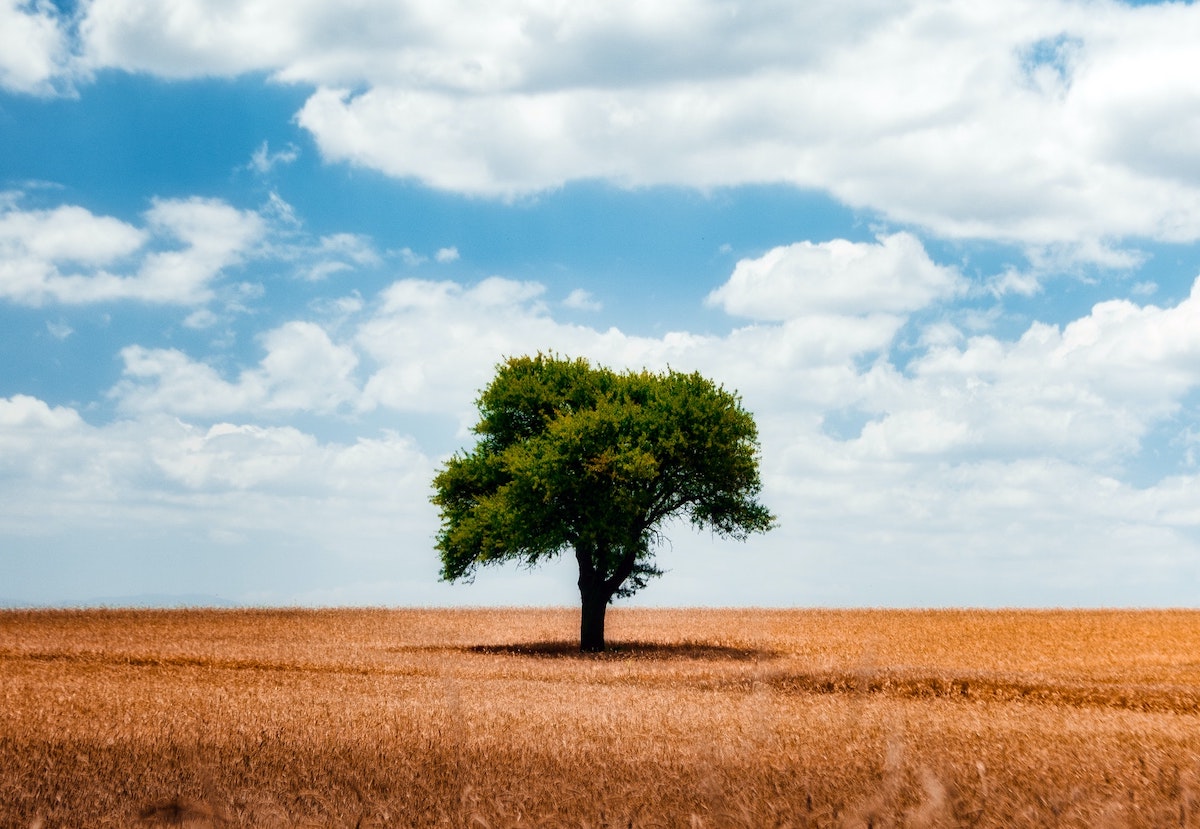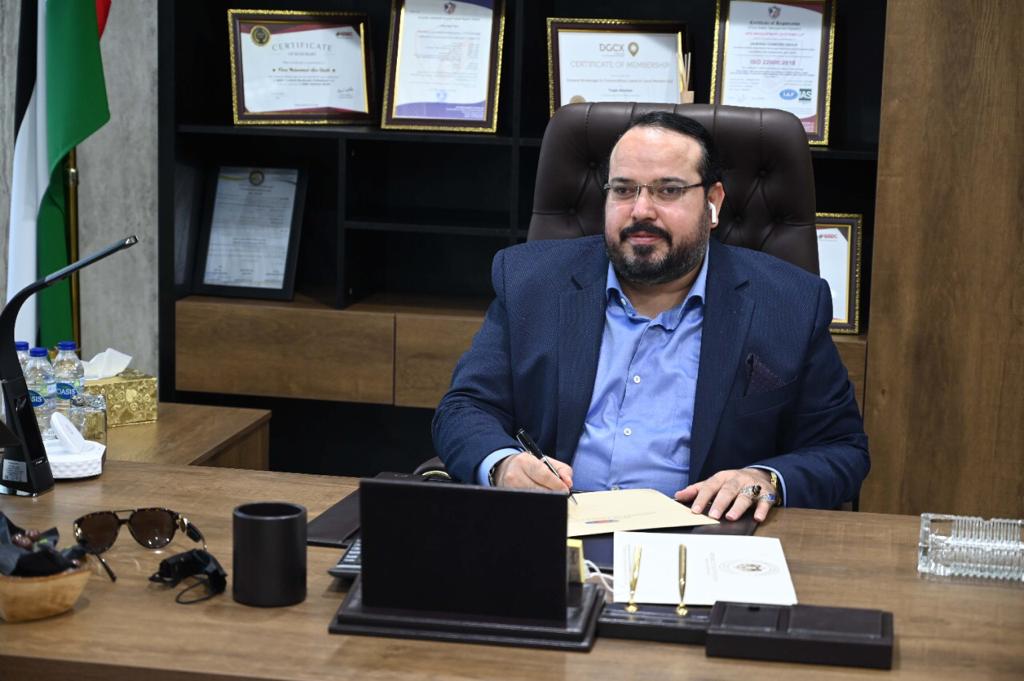
As the world moves towards a more sustainable future, governments and businesses are seeking ways to develop infrastructure that can lead to greener economies.
Silwana Diamond Group, the UAE’s leading investment firm have been operating in the Middle East and Africa for the past 12 years, working on large scale government backed infrastructure projects. Having recently announced a partnership in relation to new developments for South Sudan, the company has been working on sustainability as part of its wider mission.
Speaking with reporters this week about sustainability, Dr. Feras Abu Hdaib said, “We are ready to face new challenges and turn them into opportunities for growth and development. We are looking for an unparalleled way to shape our organization in all business aspects – develop world-class skills to achieve profitable and sustainable local development, and meet global EHS standards.”
Having overseen complex projects in the East and West Africa regions, the Chairman noted that sustainability was becoming an increasingly important aspect of development projects, but also highlighted the importance of communication protocols across international teams. “Our goals and targets create an atmosphere of trust, communication and productivity. Understanding the importance of organizing information correctly is the first step in establishing a production culture,” said the Chairman.
With governments becoming acutely aware of how sustainability fits in with local investments, Silwana Diamond Group have been leading the drive with market research across the African regions to understand the most pressing needs of local communities.
“The future will largely depend on disruptive technologies, dynamic infrastructure and digital currencies,” added Dr. Feras Abu Hdaib.
Silwana Diamond Group have specialised in a number of industries including agriculture, IT, digital currencies and food production.
Among some of their most recent notable projects include regional development focused on trade, import and exports, service provision, as well as private security, construction and public works in the Republic of Guinea-Bissau and several other African countries.
Source: London Issue
